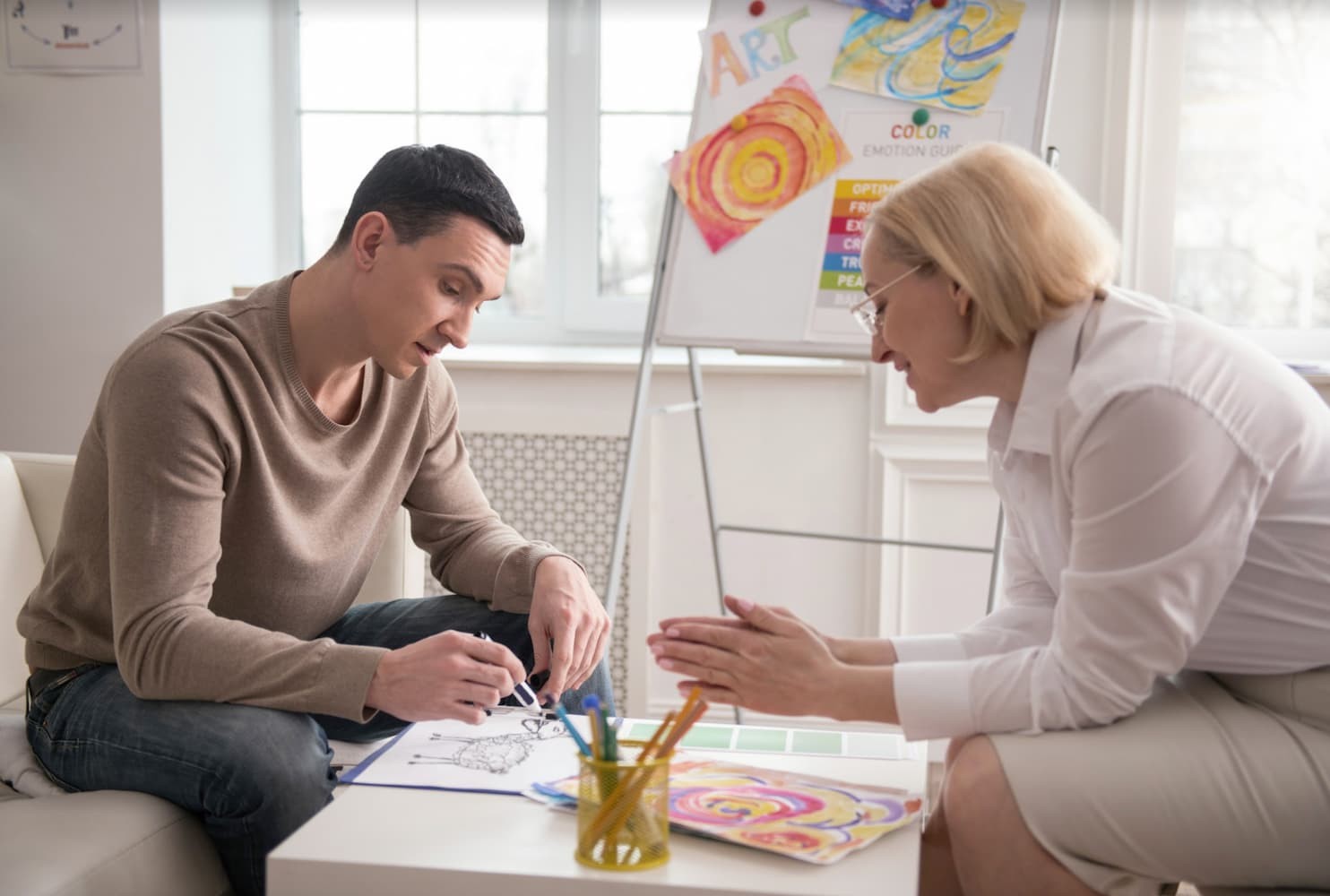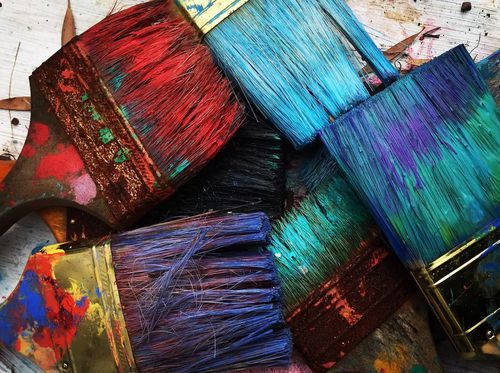What is art therapy?
Art therapy is a mental health modality that helps empower clients and allows them to gain more control over their mind, body and spirit. Art therapists are responsible for promoting positive personal growth by improving a client's self-awareness, self-expression and communication skills. These practitioners assist clients who want help managing and even overcoming the following psychological or mental health issues:
- Dementia
- Fears and phobias
- Stress
- Anxiety
- Grief
- Post-traumatic stress disorder
- High blood pressure
- Depression
- Muscle tension
- Family or relationship problems
- Substance abuse
- Eating disorders
In Hobart, art therapists have the opportunity to become a member of one of these art therapy or counselling industry associations:
- Australian, New Zealand and Asian Creative Arts Therapies Association (ANZACATA)
- Professional Association for Arts Therapy in Australia and New Zealand (ANZATA)
- Australian Register of Counsellors and Psychotherapists (ARCAP)
- Psychotherapy and Counselling Federation of Australia (PACFA)
- Australian Counselling Association (ACA)
- Australian Community Counselling Association (ACCA)
- Australian Psychological Society (APS)
- Australian Association of Social Workers (AASW)
- Australian Clinical Psychology Association (ACPA)
Should you study art therapy?
Often when we think about art therapy we believe that we need to be creative or have an artistic ability. However, this is not the case. Instead, to pursue a career in art therapy, all you require is an interest in helping others improve the quality of life of clients through finding meaning in their experiences through their artworks. In addition, you should also possess the following characteristics and traits:
- High levels of patience to assist people going through emotional distress, psychological or physical problems.
- Friendly attitude to build trust and ensure a safe and non-judgmental environment for the client.
- Critical thinker who is able to observe and evaluate the artworks produced by the client.
- Empathetic listening skills to be more receptive to changes in the client's behaviour, emotions and thoughts.
- Clear communication skills to guide clients in using art for therapeutic purposes and clearly explain to them why they feel a specific way.
If this corresponds with your career objectives and interpersonal skills, continue reading to learn more about your art therapy course options in Hobart.
What are the course and study options for art therapists in Hobart?
The minimum requirement for working as an accredited art therapist in Hobart is that you complete a postgraduate degree in art therapy. As a result, you will initially need to complete an undergraduate degree where you can specialise in counselling, psychology, social science or another related field. In Hobart, you have the option to study either on-campus, online or through a blended delivery system, depending on your preferred learning pace.
Throughout your time studying you will learn about the theory, history and therapeutic techniques used by art therapists as well as creative exploration through the means of art. Additionally, you will need to complete 750 hours of work experience in a clinical placement when completing your Master's in Art Therapy.
On this page, you will find a list of art therapy course options in Hobart. Once you shortlist your preferred schools, you can contact the educational institution directly to learn more about their entry requirements, curriculum and tuition fees.
What happens after you complete your art therapy course in Hobart?
Once you finish your postgraduate degree in art therapy, you can register with the Australian, New Zealand and Asian Creative Arts Therapies Association (ANZACATA). Additionally, alongside your professional practice, you will need to meet the yearly training requirements of the Continuing Professional Education. This will also help you maintain your credentials as a qualified art therapist. Some of the workplaces that are constantly looking to hire art therapists in Hobart include:
- Schools
- Crisis centres
- Clinical research facilities
- Aged care facilities
- Assisted living facilities
- Domestic violence shelters
- Mental health agencies
- Psychiatric wards
Once you gain more experience, you can establish your own private practice specialising in art therapy. This will allow you to have a greater degree of control over your business management and how you conduct your art therapy sessions. Natural Therapy Pages can assist you with the process of gaining new clients by letting you list either your face-to-face art therapy services or online sessions on the website.








